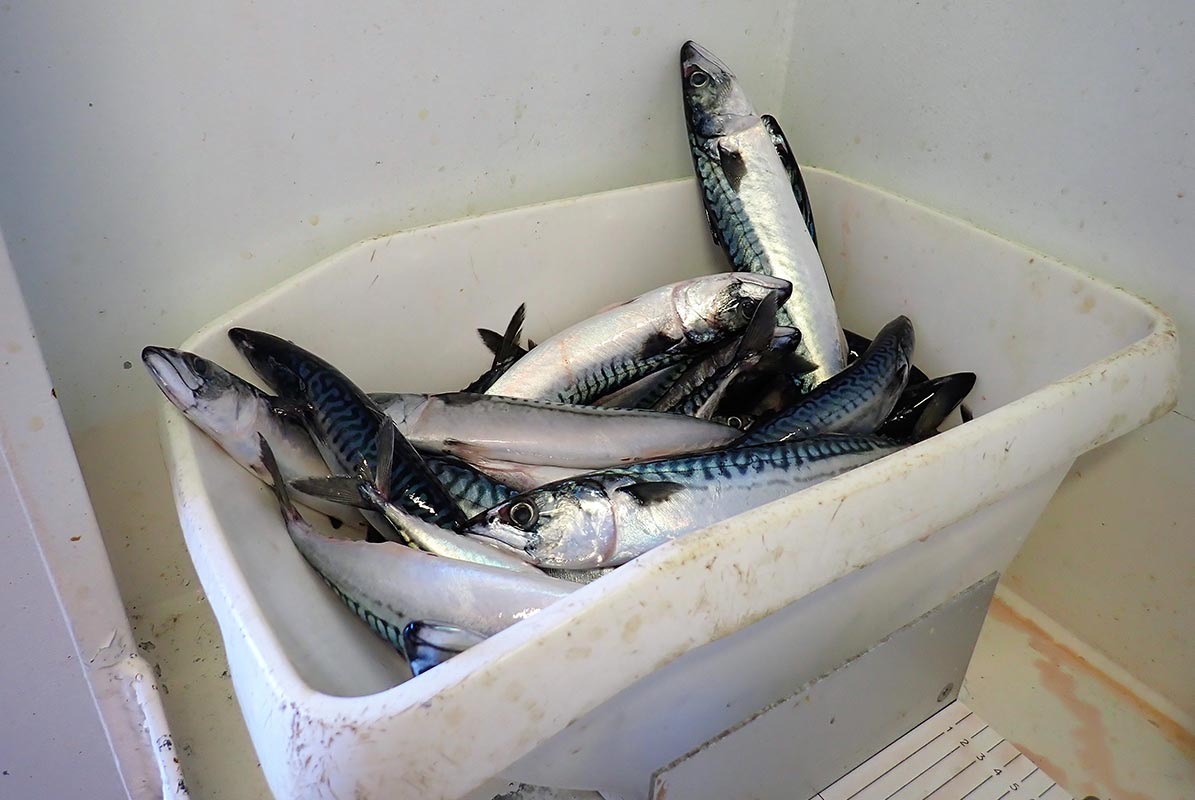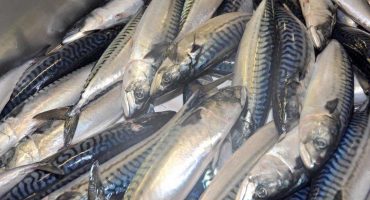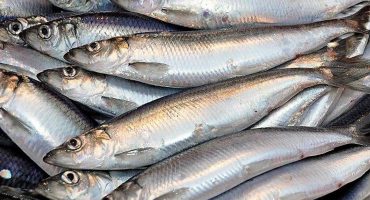
The Scottish Pelagic Sustainability Group (SPSG) – a seafood industry organisation dedicated to ensuring stock sustainability for mackerel and herring – has criticised the Marine Conservation Society’s (MCS) latest update to its ‘Good Fish Guide’, which has downgraded north-east Atlantic mackerel from ‘green’ to ‘amber’.
While the ‘amber’ classification under the MCS traffic light system means that under its own definition mackerel is still an ‘OK choice’ for consumers to buy, the SPSG says that given the current scientific status of the stock, this is an overly harsh assessment and mackerel should have retained its green status.
The most recent advice from the respected independent science body, the International Council for the Exploration of the Sea (ICES), states that the stock biomass is 3,769,326 tonnes which is 46% higher than the ICES Maximum Sustainable Yield (MSY) value of 2,580,000 tonnes. When the stock is above the MSY level it is considered capable of being sustainably harvested.

Figure: Spawning Stock Biomass of north-east Atlantic mackerel
Ian Gatt, chairman of the SPSG says: “MCS states that the stock has declined since 2015, which is true but needs to be put into context. The scientific assessment of mackerel goes back to 1980, the 2015 stock biomass was the highest recorded in the 40-year study period at almost 6m tonnes. It’s clear that the ecosystem cannot carry that biomass of mackerel, therefore, the stock is back to above average levels. It is not true to say the stock continues to decline as it has been stable over the last couple of years. What’s also clear from the advice is there is a large influx of juvenile fish (recruitment) coming into the stock. This has been witnessed by our fishermen on the grounds.
“MCS has chosen one matrix to say the stock is overfished which is fishing pressure, but they completely ignored the fact that the stock biomass is 46% higher than ICES scientists’ assessment of maximum sustainable yield.”
Mr Gatt adds: “This begs the question why MCS chose to do this – they are either incompetent and don’t have a robust methodology for their assessments, or they are working to an agenda that Scottish fishing is unsustainable. It was only last year that they made the same accusation about Scottish anglerfish and brown crab.
“SPSG has asked MCS for a meeting for several years to discuss the opaque methodology and assessment model used to churn out these spurious facts but so far they have refused to engage with us.
“Whilst we recognise that fishing pressure for north-east Atlantic mackerel is higher than desired due to the failure of coastal states to agree catch shares, it is simply untrue to say that the stock is in bad shape. The current management situation has arisen because several countries participating in the fishery have all unilaterally increased their mackerel quotas outside any international agreement.
“In contrast, UK fishermen have meticulously abided by international agreements on catch shares based on scientific advice.
“Against this background, MCS have also managed to make a differential for the handline mackerel fishery in the south-west, which is good for those involved in the fishery. We have been asking MCS to make the same differential for the Scottish fishery but they have refused to do so. Instead, we are lumped in together with the northern countries that set high unilateral quotas and fish unrestricted in International waters.
“Quota sharing negotiations have been ongoing for 15 months that have made progress but will require more time to finalise an agreement. The UK has led by example chairing these complex discussions among coastal states to try and reach a comprehensive quota sharing agreement.”
SPSG also points to further sustainability credentials for north-east Atlantic mackerel:
- The fishery has one of the lowest carbon footprints of any form of protein production.1
- It is a ‘clean’ fishery with there being virtually no bycatch of other species.
- Scottish mackerel fishermen are engaged in a range of science projects and sampling programmes to enhance our understanding of the stock and ensure long-term sustainability.
Mr Gatt concludes: “For the consumer, the message is clear – UK caught mackerel is a value for money, healthy-to-eat and delicious tasting fish sourced from a stock that is in good shape. As such, it should remain on the shopping list for all sustainably minded purchasers.”
1 “The environmental impacts of pelagic fish caught by Scottish vessels”
https://tinyurl.com/4nd6ddfz



